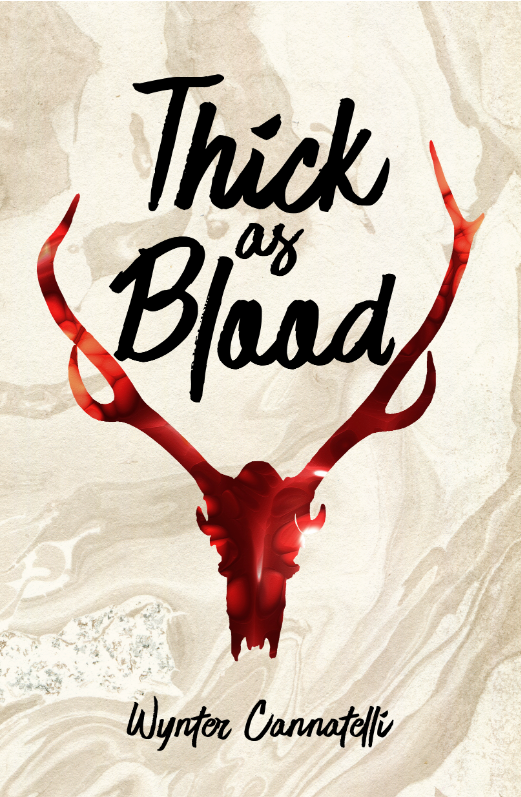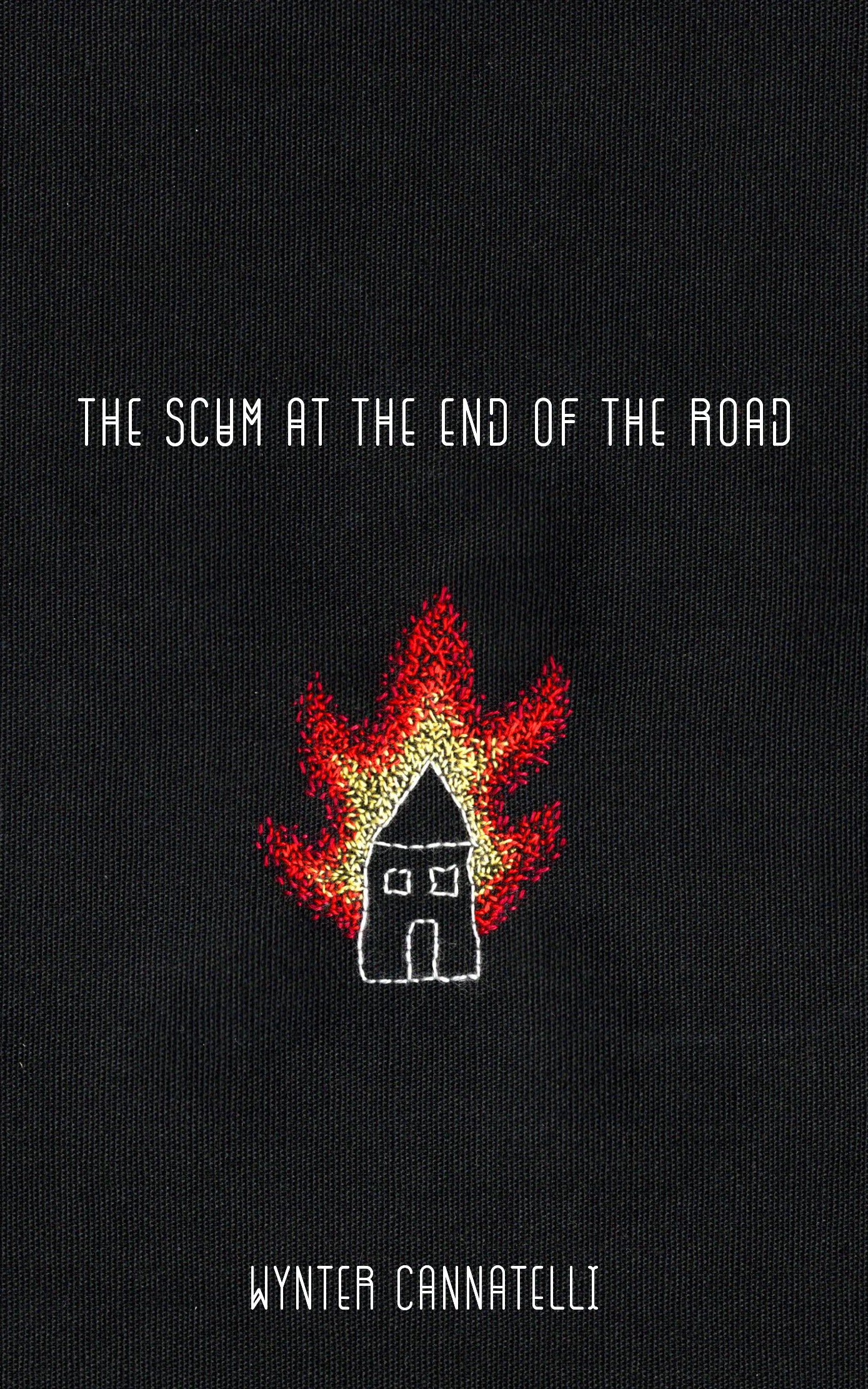“The Partitioner”
[ thuh pahr-tish-uhn-er ]
noun
1 : short story featuring Lila, an unreflective yet highly observant narrator as she lives another day aside the world’s most dangerous highway
2 : written in 2020 as a Creative Writing assignment
3 : one of maybe four short stories I’ve ever written in my life
author memo
[ aw-ther mem-oh ]
-
Prompt
I chose to write from the perspective of a narrator who is not very reflective, but highly observant to the behavior of those around her and to her surroundings.
I want the reader to understand how deep-rooted she is in her building’s community, yet by having her build her own divider next to the highway get a sense that she has a desire to better things for them.
Her allowance of the oldest Crest boy to help her at the end suggests she lets him into her world as they’ve now both lost their brothers to the highway.
-
Characters
Lila is our narrator. She has a harsh vocabulary from her upbringing, but there’s a level of sensitivity she picked up along the way, probably from when Mikey was killed on the highway. She knows how the people in her community think and act, and blames them for it. Her constant observance of dirt and grime show us that the highway is always close by, in proximity and in her mind.
Her ma. I wanted to give the impression that she spends a lot of time on their balcony, feet propped up on the railing and smoking, her soles blackened from the highway dust and her lungs blackened from her own doing. She also spends a lot of time gazing past the highway, to a nicer view.
The oldest Crest boy, who we don’t have named. It’s meaningful that Lila names the youngest brother, and his parents, but doesn’t learn his for the duration of the story. She may see herself in him, as I picture them close in age. Their brothers were roughly the same age when they were killed, and their parents are only seen inside their building, not out, next to the highway.
-
Setting
I didn’t have a particular city locale in mind, but have seen my fair share of poorer parts of the U.S. I know it’s not very common for blocks of dense housing to be built right on top of highways and more likely next to railroads, but vehicular traffic is so prominent in our daily lives on some scale.
I was inspired by the handful of times I found myself stranded on the side of the road with car troubles. When we commute down a highway, we rarely concern ourselves with more than how long it’ll take to get to our exit. A mile goes by in a minute. But for Lila, she’s in the mile. She lives in the second it takes for a giant 18-wheeler to fly by. She’ll always be in the place where her brother was killed, and even though she can’t escape it, she finds it in herself to try and change it for someone else.
edits
[ ed-its ]
story
[ stohr-ee ]
“Second one this year.”
“Parents should know better.”
“One of the older ones left the door unlocked.”
Eyes in my direction, only past me, to the Crest boys. The three remaining ones clump together, old man and lady Crest huddled inside in case the police decide to ask questions (they won’t). The cop SUV and ambulance are stopped in the second-center lane, bright flares burning, smoke seeping into the cracked concrete. Traffic swerves around them, the big ones blare their horns. Four people in reflective vests hustle with shovels and black bags to scrape little Barnaby Crest from the forever-steaming pavement. Twenty minutes in and they’re almost done.
Took them over an hour to gather all the bits of my brother.
One of the cops, the same lumpy bald one from nine months ago, pokes his head out of the passenger side of the cruiser. He hollers something at the Crest boys, something those of us who don’t dare getting within six feet of the shoulder can’t hear, something probably along the lines of, “Have your old man come get what’s left of your baby brother tomorrow ‘cause we can’t be bothered to ride down to the next exit and come ‘round to tell you like decent folk!”
His partner scrapes the end of the flares against the road to put them out and then they’re gone with the next wave of 18-wheelers. Within minutes the only sign of disturbance is the dark mark on the concrete, which will be ground down by tomorrow.
There’s more mumblings from around me as the stragglers make their way back inside, to sit on their balconies, lounge in the stairwell, or draw the curtains in an attempt to block out the constant noise of Route 7.
I linger, let the sun and haze beat down on me, let the heat rise up my bare legs.
The Crest boys linger too. They don’t know what to do. The oldest one has his grip tightly held on the other two. They have tear stains down their cheeks, but the oldest one is dry. His gaze slides to me, and I finally turn.
“It was Barnaby,” I say to Ma, stepping out onto the balcony.
She nods, eyes cast down twenty stories to the roar below. The folding chair squeaks when she lifts her bare feet to rest on the railing. Her soles are black.
“Parents didn’t even bother coming out.”
“Lila,” she warns. “They’re scared.”
“Scared of getting evicted.” There’s no where to go once you get kicked off the ground floor.
As a way of reply, Ma just lets out a breath of cigarette smoke. Her eyes slowly pull from the ground, decide to land on better things, like the other side of the ten-lane highway. The twelve-foot wall on the Lavish County side stands just as proud as it did the day it was completed, the day I was born. Not only did it block out the sight and sounds of the highway, but any chance at all that a small boy would stumble out of his crib, decide he wanted to go outside for a play, and wander into the occasional lull of industrial trucks plowing through at 90 miles per hour.
I overslept. Dusk is on the horizon and I’ve still got three yards’ worth of chicken wire sufficient enough to last through winter, long as we don’t get a blizzard as bad as last January. I knew it would be worth it to hang around the junkyard—the loon who owns it lost his last hen and he swore he wouldn’t keep “goddamned blasted shit-machines no more.” I snagged the wire before he could find something else to put in the pen.
The galvanized steel digs into my wrist as I hold it in place to loop a zip tie through and around an old pipe liberated from the basement of our building. A trickle of blood creeps down my arm.
“What’re you doing?”
I lose my grip on the wire; it springs back into a roll and tangles around itself, little teeth digging into my palm when I try to stop it. “Fuck!” My curse gets caught in the wind of a flatbed piled high with stripped tree trunks grinding past.
Another pair of hands shoot in, pry the wire away from me. They belong to the oldest Crest boy. His nails are dirty but his fingers strong. He straightens out the wire and holds it for me while I finish my zip-tying.
Only when we step back and I give a tug on the pipe staked into the ground to make sure it’ll hold, he speaks again.
“You’re the one doing this?” His voice is gravelly, from being over or under-used I can’t tell.
I follow his gaze. Today’s chicken wire, held with the pipe. Day before yesterday’s rotting palette lugged all the way from behind the Chinese Buffet two blocks over. Last week’s broken picnic bench turned on its side and reinforced with its own benches. If I hadn’t rescued it from the burnt remains of what used to be the only park in walking distance it would’ve been used for firewood—there still aren’t guarantees no one will take it now. The barrier stretches on, down the packed earth, parallel to cracked Route 7, far as I could dare to build after Mikey died.
I wipe the blood from my arm on my jeans. “One of them. There’s a few others who…” but I can’t bring myself to finish the lie.
The oldest Crest boy turns his attention the other way, towards our building. The glaring gap in my fence. Hot hair from the highway gushes past us, whips our hair. He doesn’t seem to notice. “There used to be a bit of chain-link there.”
I nod, even though he’s not looking at me. “Someone decided they needed it more.”
“You live upstairs, right?”
Everyone lives upstairs to him, but I don’t say that. “Yeah.”
“Need a hand?”
“No.”
He eyes me up, lands on the drip of blood soaking into the compacted earth between us. “You sure?”
My hand starts to burn. I noticed some house siding coming loose from one of the abandoned ones down 5th the other day, but I’m almost positive the squatters inside are junkies. The oldest Crest boy is taller than I am, but just as skinny. “How fast can you run?”
He squints. The sun’s peaked over the barrier on the other side of the highway. “Pretty fast.”
“Got any gloves?”
“Sure.”
“Hair tie?”
He digs into his pocket and produces an orange rubber band. “This work?”
I take it with my nonbleeding hand. “Okay. You can help.”










